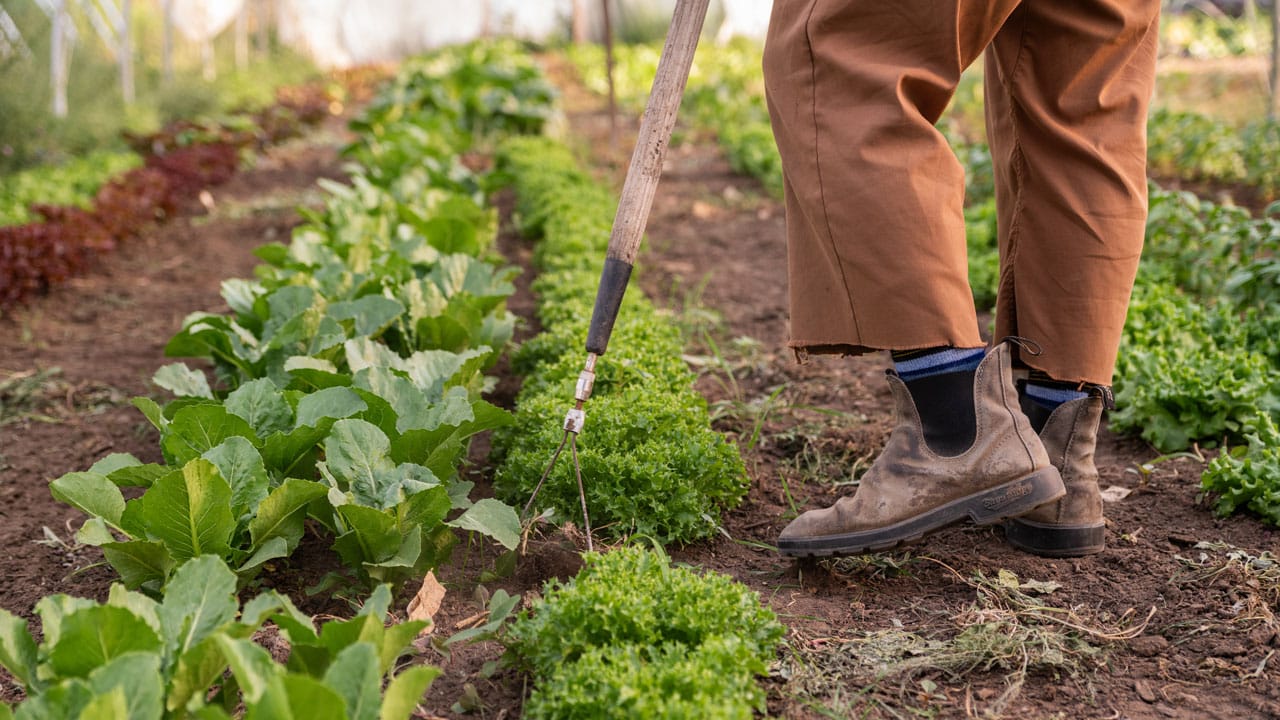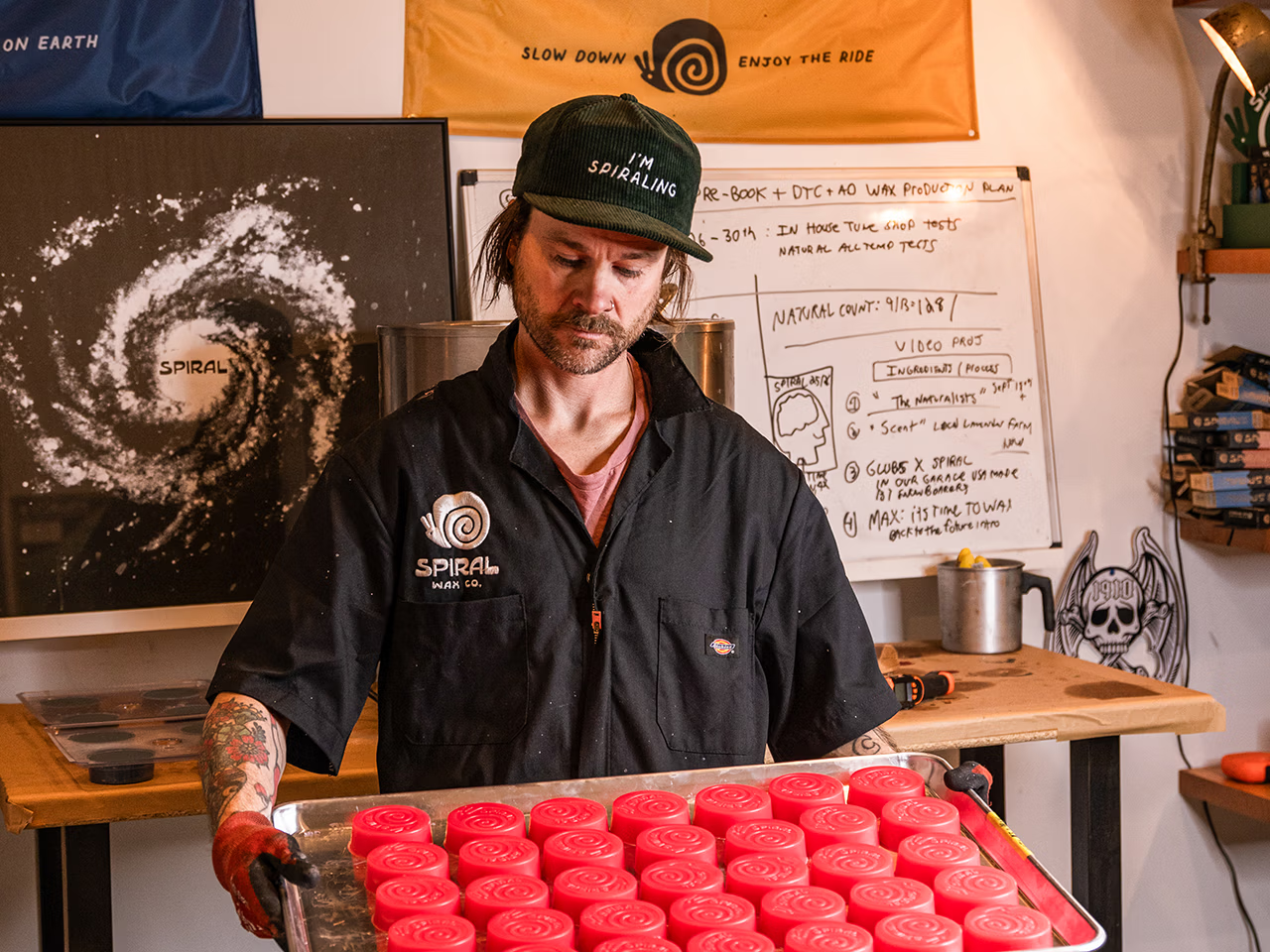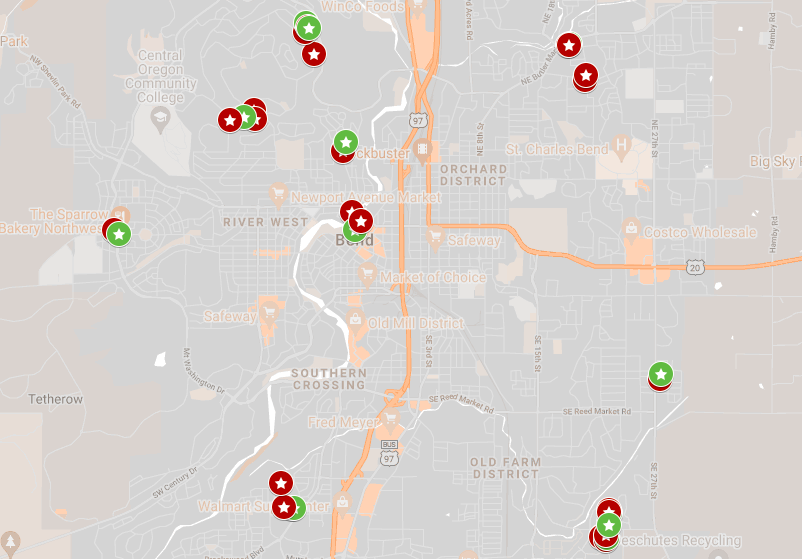Farmer Jim Fields climbs down from his tractor, surveying his 10-acre Fields Farm off Pettigrew Road in Bend. For the past 35 years, he has grown everything from verdant arugula and deep purple beets to slender asparagus and juicy tomatoes. Buildings have sprouted up all around Fields, who launched Central Oregon’s first community supported agriculture, or CSA, program in 1989. A program where people pay for a weekly, monthly or yearly subscription for farm-fresh items, typically paying in advance, CSAs help farmers offset expenses, from equipment to seeds. Photo above by Amanda Photographic.
The model is integral to small farms, allowing the farmer to share the risks and the rewards of farming with the community. Although Fields Farm is the only remaining farm within city limits, other CSAs have blossomed throughout Central Oregon, with farmers relying on the model to make their businesses as sustainable as their agricultural practices.
“A lot of folks go the CSA route because it gives them that one-on-one interaction with a consumer where they can build a relationship, even beyond being at the farmers’ market, but sometimes it can be hard to get your name out there,” said Andrea Smith, agricultural support manager for High Desert Food & Farm Alliance, an organization that focuses on improving food security and access, while supporting farmers and ranchers who grow, raise, and craft good food. “To be a farmer, you have to not only be farming and executing a crop plan, but you also need to be your own mechanic, your own marketing expert. You need to know how to build a website, so there are a lot of pieces at play there,” she said.
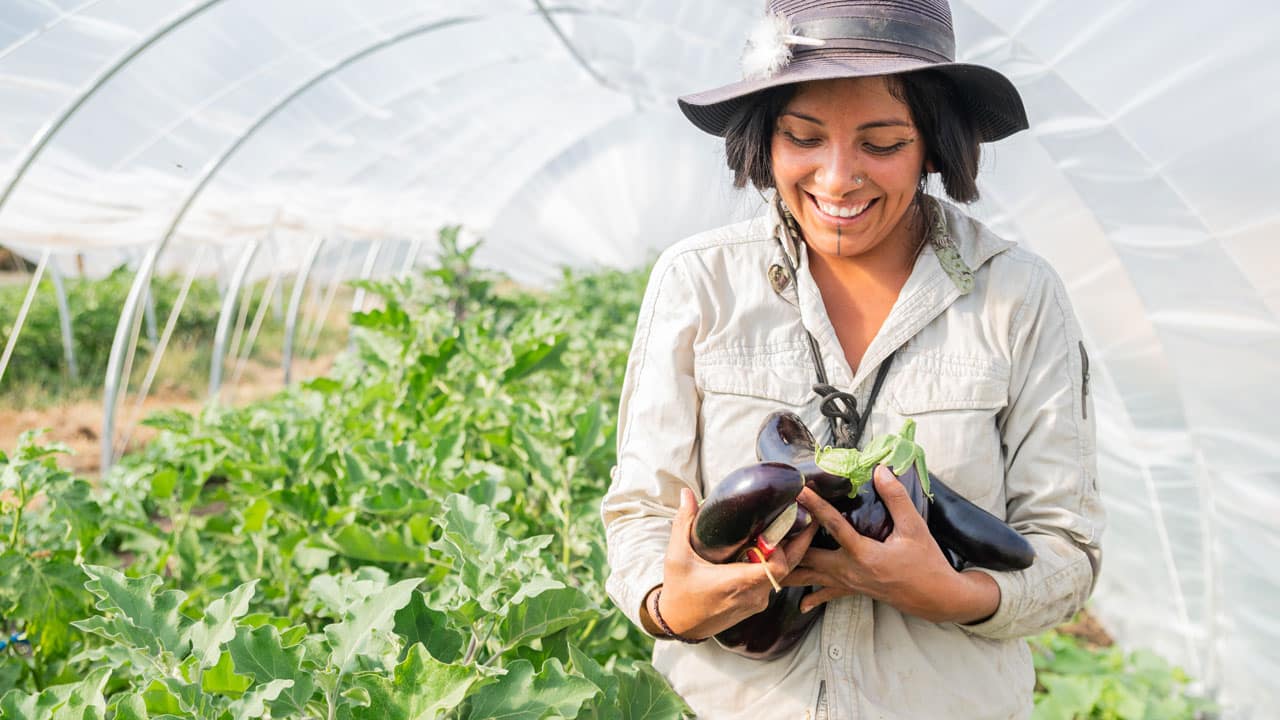
Community-Supported Agriculture
Several farms have risen to the challenge and have been steadily attracting increasing numbers of CSA members. One of them is Boundless Farmstead in Alfalfa, a 20-acre mixed vegetable farm with nearly 100 CSA members, a number that has been steadily increasing since the farm began in 2017. The Boundless Farmstead CSA generates 20% of the farm’s annual revenue. About 45% of income is from wholesale-to-restaurant sales and farm stands, while 35% is generated at the downtown Bend Farmers Market, co-owner Megan Kellner-Rode explained. “Initially we thought we were going to simplify and not do the CSA,” she said. “But then we quickly realized we were out of money. CSAs are an amazing way to have upfront income, especially in Central Oregon, when you’re not getting the bulk of your income coming in until July.”
Like many local farmers, Kellner-Rode strives to find ways to make the cost accessible for a seasonal share, which at Boundless Farmstead ranges from $450 to $675 for four months of weekly shares of farm-fresh, nutrient dense, chemical-free produce from July through October. She offers a payment plan of four equal payments, the first due at signup and the following three in February, March and April.
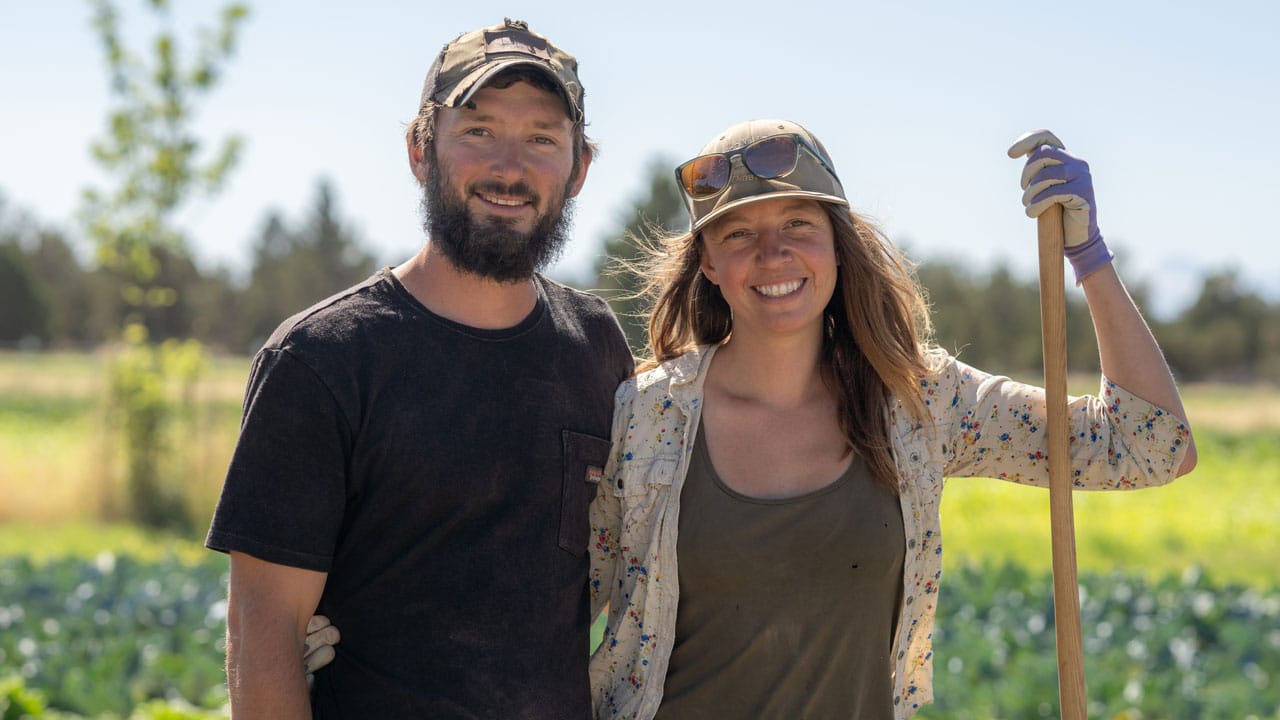
Sliding Scales Make Farm-Fresh Foods Accessible
Last year, Boundless launched a new payment option to ensure all community members are able to access their CSA program by creating a sliding scale. The farm made it possible for customers to pay based on their annual household income. At Rainshadow Organics, a 200-acre farm in Terrebonne that also offers a CSA program, a payment plan is also available, and the farm is looking to offer a sliding scale option, said CSA Manager Alison Holland. Rainshadow’s CSA program is unique in Central Oregon because it includes multiple options, including a year-round “full diet” CSA of vegetables, whole grains and flours, meat, milk, honey and eggs.
Customers can buy the shares based on the number of adults and children in their household and how much meat they want to order. Before spring, the farm had 22 families enrolled in the full-diet CSA and Holland said it hopes to add about 20 more by July.
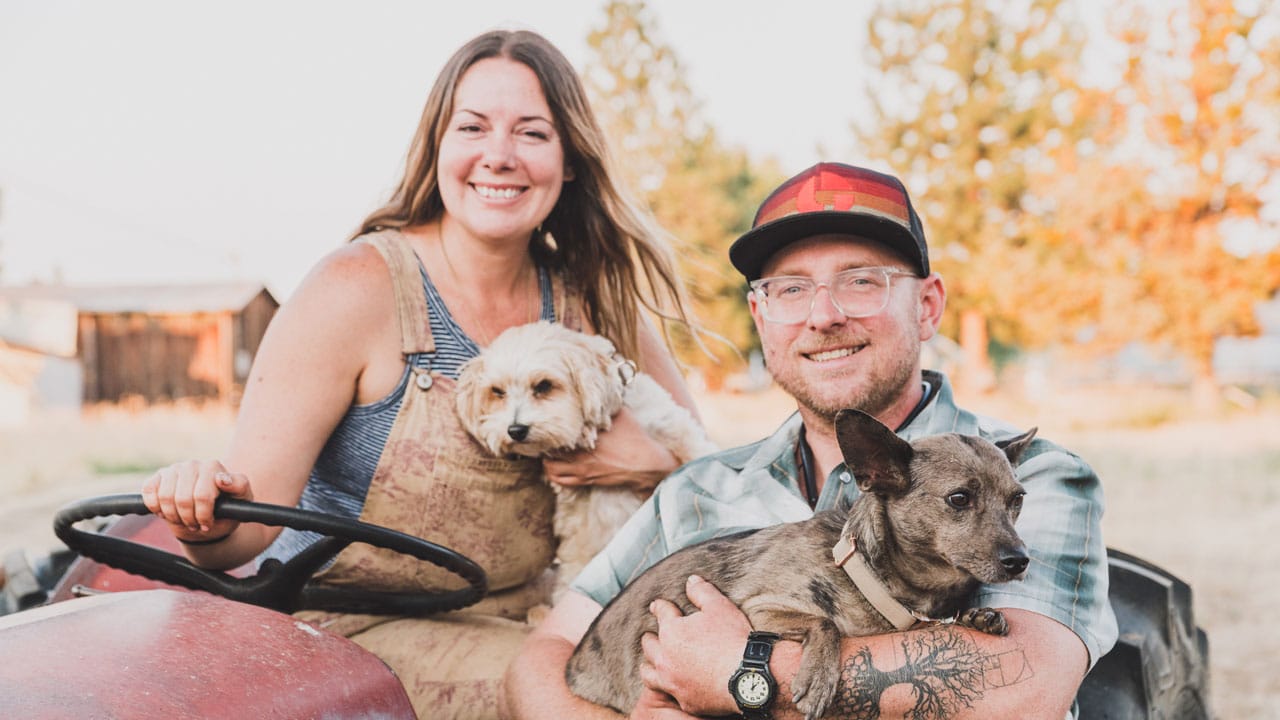
Cultivating Mental and Physical Health
At Fibonacci Farm in northeast Bend, Lauren Rasmussen and Aaron Stubbs bring a non-farming background to cultivating organic vegetables and flowers on 1.65 acres. Stubbs has a law degree with a focus on environmental law and civil rights, and Rasmussen has 20 years of experience in customer service, retail sales, marketing and business management.
Fibonacci Farm already had 78 CSA members signed up before spring had arrived, and developed its customer base by focusing on consumer needs and convenience, Rasmussen said. For example, customers can pick which items they want in their weekly or bi-weekly share. Growing diverse items not only offers customers choice, it protects the farmer from risk if a particular crop fails.
“From a business standpoint, a majority of small farms do some type of item that is a value-added product,” said Rasmussen. “We do flowers because it’s hard to make money on vegetables. So you have to find that item that’s going to be the higher price point to get you financially where you need to be. We also do it because we promote positive mental health [through flowers], as well as positive physical health with vegetables.”
For farmers, CSAs are part of a business plan that supports a greater vision—one offering food of the highest quality grown with practices that help improve the planet, while connecting people in the community. Alison Holland said, “As with most farming, you just hope that the business catches up with the dream.”

